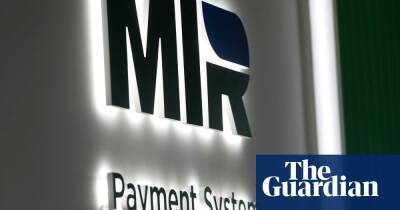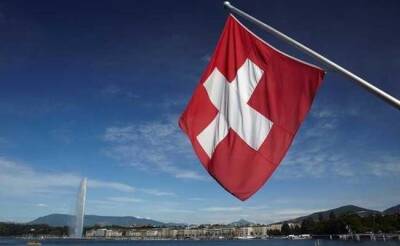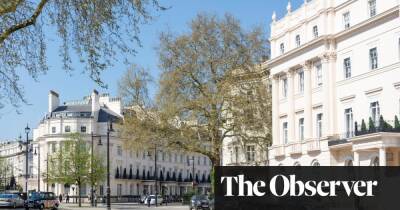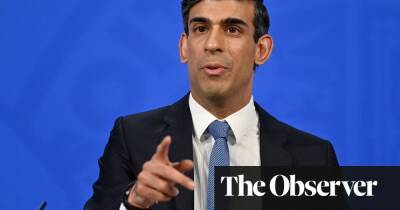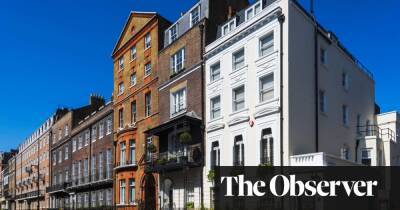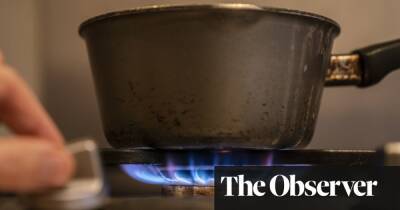National insurance rise could mean 1m destitute households in UK, says thinktank
The number of UK households classed as destitute could rise by nearly a third to more than 1 million this spring after the government adds an increase in national insurance to the wider cost of living squeeze, a thinktank has warned.
The National Institute of Economic and Social Research (NIESR) urged ministers to reconsider the tax increase after it said destitution – which it defines as an inability to buy basic essentials – could increase by 30% in the next financial year if households are faced with a combination of rising inflation, higher bills and a greater tax burden.
In a report that accused the government of “powering down, not levelling up”, the thinktank said cost-of-living pressures were hitting the lowest-income households hardest, as they spend a greater proportion of their income on food and fuel.
It pointed out that those households were “heavily concentrated in some of the most economically deprived areas of the country, including parts of the north-west, Wales and pockets in London and the south-east”.
The NIESR said the chancellor, Rishi Sunak, should also increase government spending in his forthcoming budget to boost investment and allow public services to cope with higher inflation, leaving the Bank of England greater scope to tackle rising prices by increasing interest rates.
Jagjit Chadha, the NIESR director, accused the government of prematurely withdrawing its Covid-19 support measures, arguing that it limited the central bank’s ability to tackle rising prices.
He said Bank officials were forced to maintain ultra-low interest rates to prevent bankruptcies and hardship among poorer households when financial protection should be the Treasury’s job.
“The government has chosen to tighten primarily through
Read more on theguardian.com

